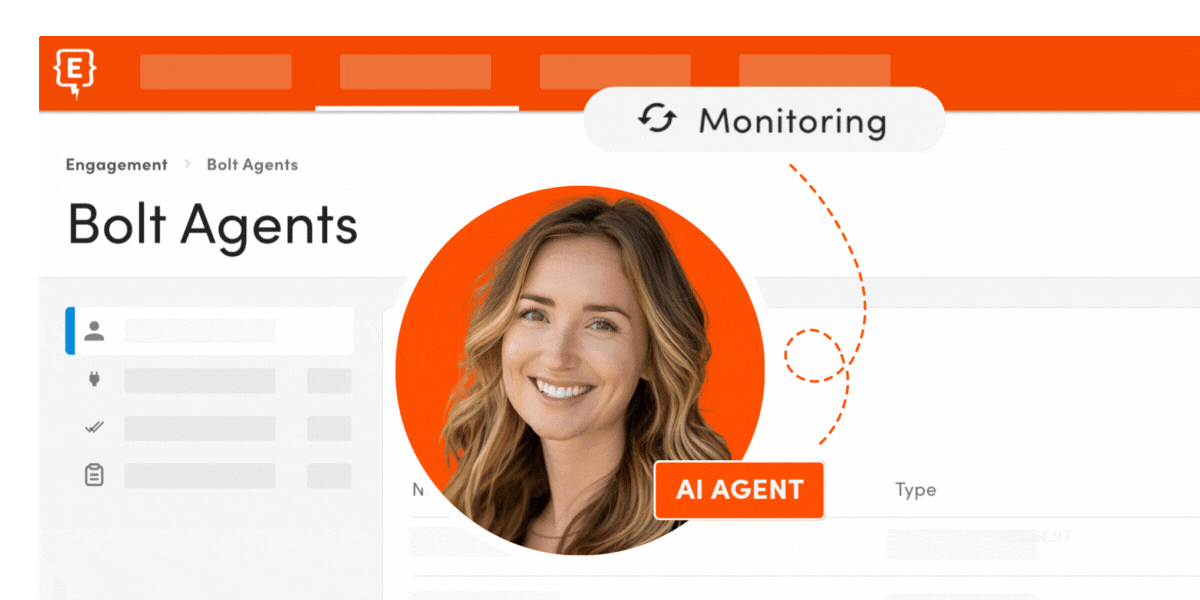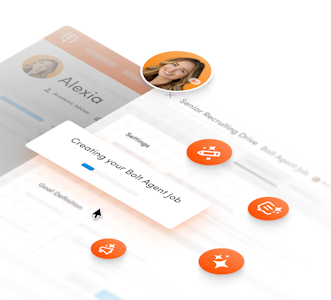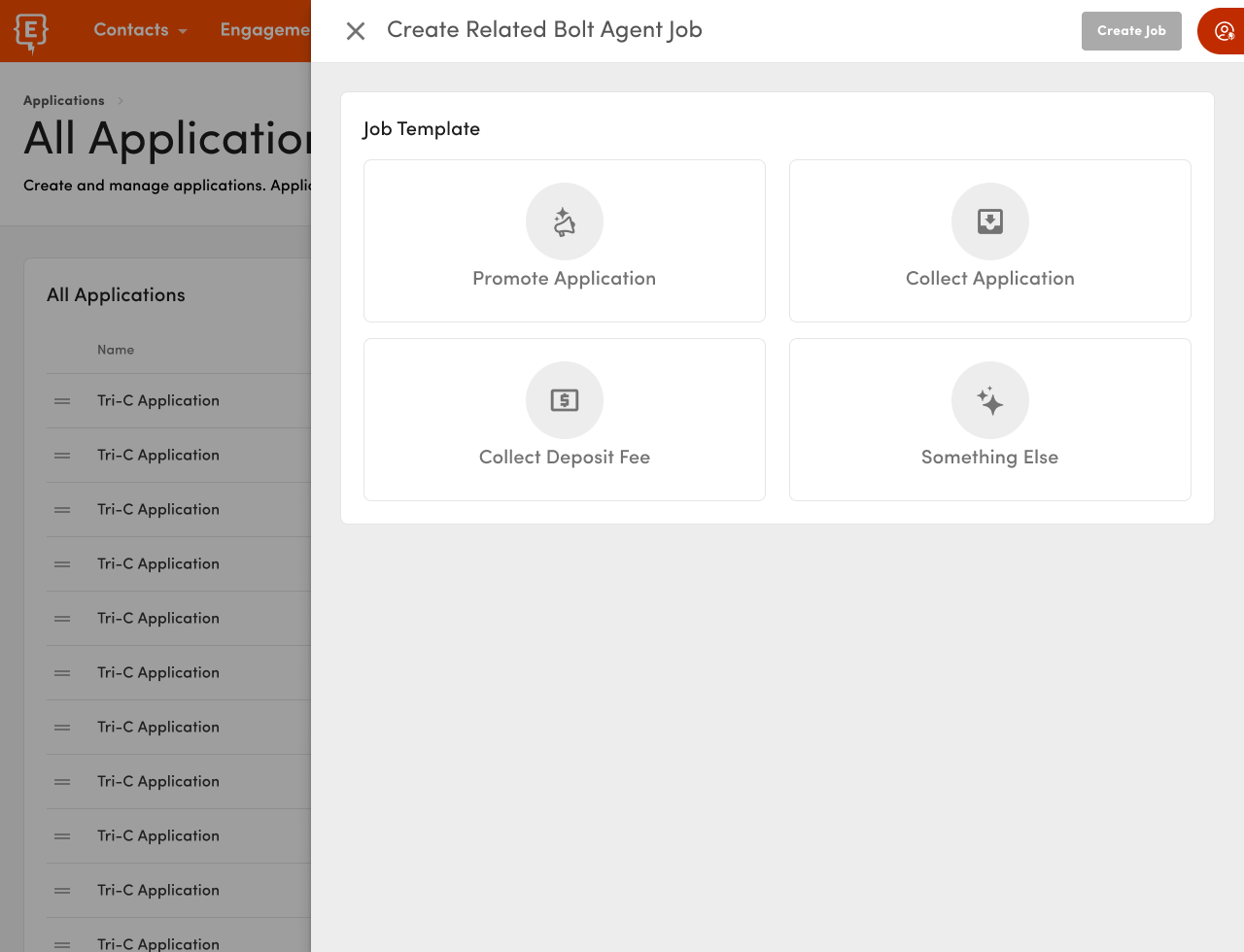AI Assistants and Agents in US Higher Education: Beyond the Classroom
by Ardis Kadiu · Updated Jan 09, 2025

Much of the focus on artificial intelligence in higher education has been on AI's role in teaching and learning. But AI is also poised to transform higher ed outside of the classroom. AI assistants and agents in particular will create positive impact in areas such as administration, student support, and strategic planning in US higher education institutions.
Every day, AI agents and assistants are becoming more advanced, so much so that we have entered the era of agentic AI. These mature AI assistants act proactively. For example, reaching out to a prospective student who expressed interest and engaged in admissions content but then goes quiet.
This article explores the potential of these agentic AI assistants to streamline operations, improve student outcomes, and support data-driven decision-making, ultimately enhancing the overall higher education experience. We’ll discuss how AI can be used to provide personalized guidance to students, improve academic performance, enhance the overall student experience, analyze data, identify trends, and inform strategic planning.
Administrative Tasks
Higher education institutions face numerous administrative challenges, from managing student records to optimizing resource allocation. AI assistants and agents offer the potential to automate many of these tasks, freeing up staff to focus on more strategic initiatives.
AI can be applied to various administrative tasks, including:
- Admissions and Enrollment: AI-powered chatbots can streamline the application process by answering student inquiries, guiding them through the necessary steps, and even assisting with document submission. For example, a chatbot could answer questions about admission requirements, deadlines, and financial aid options, provide personalized recommendations for programs of study, and help students complete and submit their applications online. This can lead to a more efficient and user-friendly experience for prospective students.
- Student Record Management: AI can automate tasks such as updating academic transcripts, recording attendance changes, and managing access permissions. AI can also be used to ensure data accuracy by cross-checking information from multiple sources and alerting administrators to any discrepancies. This reduces the administrative burden on staff and improves the efficiency of record-keeping.
- Scheduling and Resource Allocation: AI algorithms can analyze data on classroom utilization, faculty availability, and student demand to generate optimal course schedules and allocate resources efficiently. This can help institutions maximize the use of their facilities and minimize scheduling conflicts. For instance, AI can be used to schedule courses in a way that minimizes student travel time between classes, optimizes classroom utilization, and ensures that faculty workloads are evenly distributed.
- Financial Aid and Budgeting: AI can assist in processing financial aid applications, managing budgets, and identifying potential cost savings. This can help institutions operate more efficiently and ensure that students receive the financial support they need. AI can also be used to analyze financial aid data to identify trends and predict future needs, allowing institutions to make more informed decisions about financial aid policies and resource allocation.
- Library Services: AI can enhance library services by providing intelligent search tools, personalized recommendations for research resources, and AI-powered chatbots for answering research questions. For example, an AI-powered search tool could help students find relevant books, articles, and databases more quickly and efficiently, while a chatbot could provide assistance with research queries, citation formatting, and accessing library resources.
- Campus Security: AI can enhance campus security through applications such as AI-powered surveillance systems, facial recognition technology for access control, and predictive policing to identify potential security threats. For example, AI-powered surveillance systems can analyze video footage to detect suspicious activity, while facial recognition technology can be used to control access to buildings and secure areas.
Student Support
AI assistants and agents can also play a crucial role in enhancing student support services. By providing personalized guidance and timely assistance, these tools can help students navigate the challenges of college life and achieve their academic goals.
Examples of AI-powered student support include:
- AI assistants and Chatbots: AI-powered chatbots can provide 24/7 support to students, answering their questions, providing information on-demand, and scheduling appointments. This ensures that students have access to assistance whenever they need it, even outside of regular office hours. Chatbots can be used to answer common questions about campus services, financial aid, course registration, and academic policies, freeing up staff to focus on more complex student issues.
- Personalized Learning Plans: AI can analyze student data, including learning styles, preferences, and performance, to create customized learning paths and content recommendations. This can help students stay on track and achieve their academic goals by providing them with tailored resources and support. For example, an AI system could recommend specific study materials, online resources, or tutoring services based on a student's individual needs and learning style.
- Degree Roadmaps: AI-powered tools can help students navigate graduation requirements by providing degree roadmaps that outline important information, such as recommended course sequences, prerequisites, and credit thresholds. This can help students make informed decisions about their academic journey and ensure that they are on track to graduate on time.
- Early Intervention and Support: AI can analyze student data to identify those at risk of failing or dropping out of a course or program. This allows institutions to proactively intervene and provide support to students who need it most. For example, an AI system could alert advisors or faculty members if a student is consistently missing classes, performing poorly on assignments, or exhibiting other signs of academic distress.
- Mental Health Support: AI can be used to improve mental health support for students by providing tools that can uncover insights into students' mental health and offer personalized assistance. This could include AI-powered chatbots that provide mental health counseling, early warning systems that identify students at risk of mental health issues, and personalized recommendations for mental health resources.
- Career Advising and Job Placement: AI tools can provide insights into students' career pathways and help them with career advising and job placement. This could include AI-powered platforms that match students with relevant job opportunities, personalized career advice based on student data, and tools that help students develop essential job skills.
Institutional Research and Decision-Making
AI can also be a valuable tool for institutional research and decision-making. By analyzing large datasets and identifying trends, AI can help institutions gain a deeper understanding of their students, faculty, and operations. Examples include:
- Predictive Enrollment: AI can analyze historical data to create predictive models that anticipate upcoming enrollment numbers. This can help institutions plan for future resource allocation and make informed decisions about admissions and recruitment.
- Program Assessment: AI can analyze course evaluations, student feedback, and learning outcomes to assess the effectiveness of academic programs. This can help institutions identify areas for improvement and ensure that their programs meet the needs of students and the job market.
- Benchmarking: AI can assist in benchmarking against peer institutions, allowing institutions to compare their performance and identify areas where they excel or need to improve. This can help institutions identify best practices and areas where they can learn from other institutions.
- Strategic Planning: AI can analyze extensive data sets to inform strategic planning processes. By identifying trends and projecting future scenarios, AI provides a data-driven foundation for strategic decision-making. This can help institutions make more informed decisions about what resources to fund, academic programs to develop, as well as initiatives that they might not have considered before.
Additional Areas for Success with AI Agents and Assistants
Personalizing the Student Experience
AI is already helping to personalize the student experience beyond academics. AI-powered systems can analyze student data to understand their preferences, interests, and needs, allowing institutions to tailor communication, campus services, and extracurricular activities to individual students. This could include personalized recommendations for events, clubs, and activities, targeted communication about campus resources and deadlines, and customized support services based on individual student needs.
Alumni Relations and Fundraising
AI can be used to optimize alumni relations and fundraising by personalizing communication with alumni, identifying potential donors, and managing fundraising campaigns17. AI-powered systems can analyze alumni data to understand their interests, giving history, and engagement with the institution, allowing for tailored communication and targeted fundraising appeals. AI can also be used to identify potential donors based on their giving capacity and likelihood to donate, improving the efficiency of fundraising efforts.
Real World Examples and Early Results
Several higher education institutions have successfully implemented AI assistants and agents to improve their operations and student support services. For example, Georgia Tech used an AI teaching assistant named Jill Watson to answer student questions in an online course, freeing up human teaching assistants to focus on more complex tasks. Georgia State University used AI to reduce "summer melt," the phenomenon of students who are accepted to college but fail to enroll in the fall. By analyzing student data, the AI system identified students who were at risk of not enrolling and provided them with personalized support and guidance, resulting in a significant increase in enrollment rates.
Research on the impact of AI assistants and agents in higher education is ongoing. A study by Nectir found that students who used AI course assistants had statistically significant improvements in their GPA. This suggests that AI assistants can be effective in providing students with the academic support they need to succeed.
Conclusion
AI assistants and agents offer significant potential to transform higher education beyond the classroom. By proactively automating administrative tasks, enhancing student support, and informing institutional research and decision-making, these tools can help institutions operate more efficiently, improve student outcomes, and adapt to the evolving needs of the higher education landscape.
However, it is crucial to address the challenges and ethical considerations associated with AI implementation to ensure that these technologies are used responsibly and effectively. For example, integrating AI into higher education requires careful planning, including ensuring data privacy and addressing concerns about job displacement.
As AI technology continues to advance, we can expect to see even more innovative applications of AI assistants and agents in the years to come, further shaping the future of higher education.
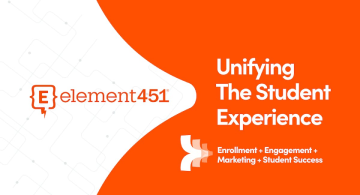
About Element451
Boost enrollment, improve engagement, and support students with an AI-driven CRM and agent platform built for higher ed. Element451 makes personalization scalable and success repeatable.
Categories
New Blog Posts
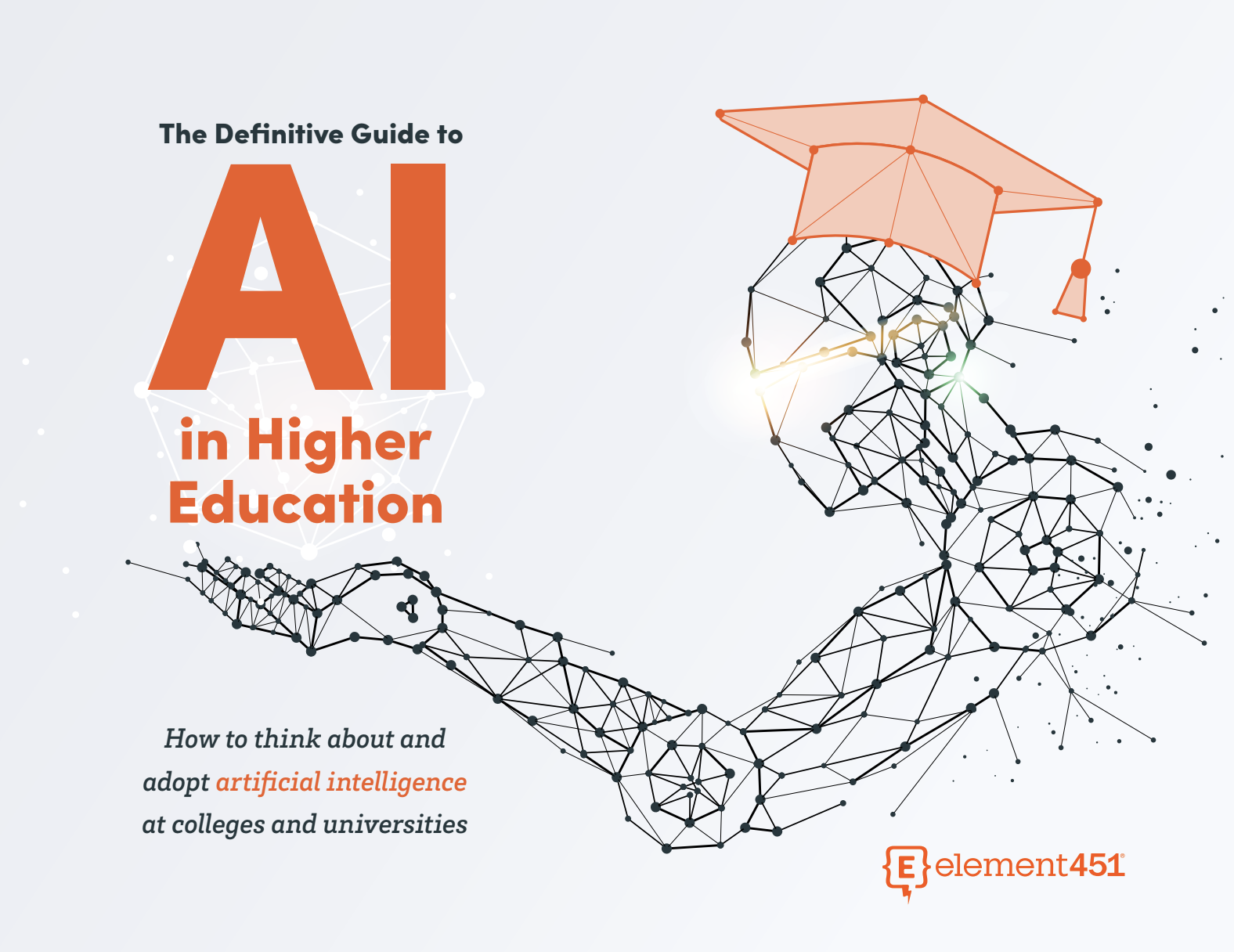
The Definitive Guide
AI in Higher Education
Bridge the gap between the latest tech advancements and your institution's success.
Useful Links

Talk With Us
Element451 is an AI-driven CRM and AI agent platform for higher education. Our friendly experts are here to help you explore how Element451 can improve outcomes for your school and students.
Get a Demo


